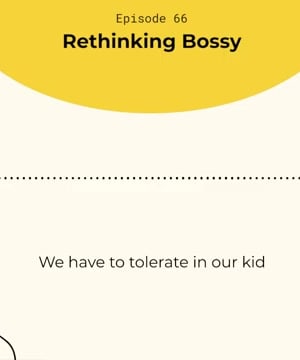Tools for kids when they don’t get what they want
Sources:
Helping children manage disappointment when they don't get what they want is an essential part of their development. Here are some strategies based on insights from experts:
-
Normalize Disappointment: Recognize that feelings of disappointment are natural and not a reflection of ingratitude. Children may struggle with managing disappointment because they haven't developed those skills yet. Practicing regulation of disappointment can eventually lead to gratitude coexisting with those feelings 1.
-
Encourage Participation and Persistence: Allow children to experience challenges and potential failure. This builds resilience. For example, Jesse Itzler shares how allowing his son to face the disappointment of not participating in a polar plunge event initially helped him eventually overcome his fear and join in the following year, illustrating growth through lived disappointment 2.
-
Focus on Feelings, Not Objects: Engage children in conversations about their feelings connected to missed expectations. By focusing on the emotions behind their desires, you can help them find other ways to achieve similar feelings, fostering flexibility and resilience 3.
-
Model Emotional Tolerance: Demonstrate the ability to tolerate and regulate difficult emotions. When parents stay calm during their child's emotional outbursts, children learn that these feelings are manageable, promoting emotional development and flexibility 4.
-
Teach Skills Through Co-Regulation: Understand that tantrums are expressions of overwhelming emotions with no learned coping mechanisms. Parents can help children by staying calm during outbursts, which teaches them that these emotions, while intense, are manageable 5.
These strategies collectively encourage emotional growth and resilience, helping children understand that while disappointment is part of life, it can be navigated constructively.
RELATED QUESTIONS-


